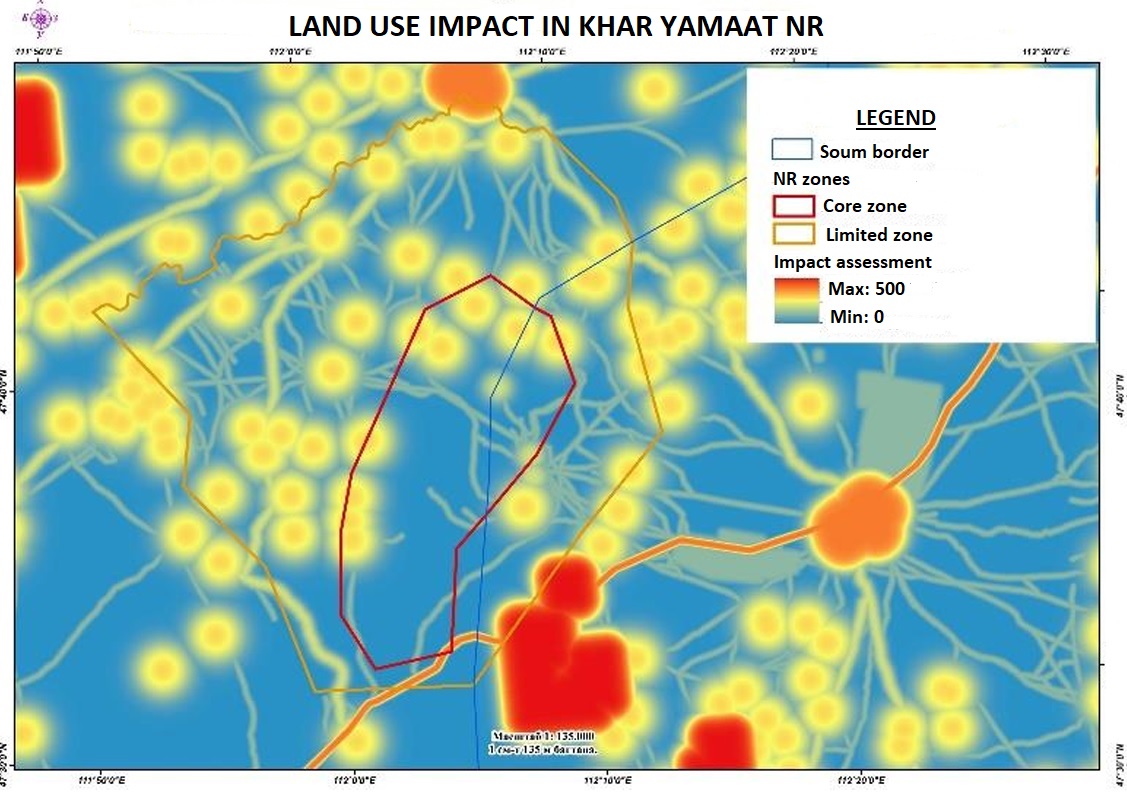The HowtoLDN Series features the efforts of intersectoral country teams to implement their roadmaps towards Land Degradation Neutrality (LDN). These country teams are supported by the GEO-LDN Flagship since our Global Dialogue Forum 2023 in South Africa. Today we highlight our team from Mongolia:
Background:
Mongolia is grappling with severe land degradation, with over 76.9% of its land affected by desertification, driven by overgrazing, mining, climate change, and drought. The country’s reliance on pastoral livelihoods—one-third of the population depends on herding—has been significantly impacted. Rangelands, critical for biodiversity and food security are under immense pressure, with livestock numbers exceeding the sustainable threshold of 25 million, reaching 71.1 million in 2022. Areas such as Dariganga and Eastern Mongolia have become focal points for intervention due to extensive degradation.
Team Mongolia’s #HowtoLDN use case:
The LDN team has created a roadmap to 2032. It begins this year, with improved land use land cover (LULC) mapping, as well as developing LULC map to track changes. Team Mongolia also aims to identify tree species suitable for reforestation, as well as develop maps that would identify areas suitable for herding and farming. The goal is to gather these data to model future LULC changes, as well as to evaluate programs and craft data-backed policy recommendations for LDN.
By 2032, Team Mongolia aims to achieve highest possible resolution of Earth observation data, as well as have LDN monitoring included in their land monitoring system.
The restoration of Dariganga involved the use of satellite data that allowed the team to assess vegetarian cover and sand movement for targeted restoration.
The initiative in Eastern Mongolia involved leveraging Earth observation tools like Sentinel-2 for a focused approach in protecting the habitats of Mongolian gazelles and white-naped cranes. Communities also engaged in sustainable herding practices.
How the Flagship initiative supported #TeamMongolia:
To achieve Mongolia's goals, GEO-LDN provided Earth observation tools specific to Mongolia’s needs. Trainings were also facilitated to ensure that experts maximize the platforms and methods available to them. The collaboration has yielded to various planning methods, including an integrated landscape management plan developed for Eastern Mongolia. Community-led initiatives have likewise empowered herders with knowledge on sustainable grazing and wildlife protection. In Dariganga, local communities have reported renewed ecosystems.
